- DISABILITY GUIDE
- 1. WHAT ARE SSD BENEFITS?
1.2 Supplemental Security Income (SSI)
Supplemental security income

Not to be confused with SSDI, Supplemental Security Income is decided by your current income (or household income) level rather than the amount of time you’ve been in the American workforce. If you can prove you have a disability that keeps you from earning a steady income, it does not matter how long you’ve held a job. You simply need to show that you cannot earn a living wage and that your assets (things like stocks, bonds, and cash from checking and savings) do not exceed a certain amount.
Note that household income does factor in for SSI. If an individual is severely disabled and cannot work, but their spouse makes enough income, then they will not be SSI-eligible.
It is also possible for someone to qualify for both types if they have enough work credits required for SSDI and their income and assets fall into the lower level required for SSI. In this case, be aware that final amounts of your monthly disability pay may vary from what is listed in your Notice of Award.
Did you know? If awarded SSI benefits, you will also have Medicaid eligibility. This means your health care needs will be covered by Medicaid benefits.
Unsure which program you qualify for?
Here are some related articles you may find interesting:
- NAVIGATING CLAIMS
- 5 MINUTE READ
- 7 Minute Read
- DISABILITY BENEFITS
- 5 MINUTE READ
- 7 Minute Read
- NAVIGATING CLAIMS
- 5 MINUTE READ
- 7 Minute Read
- DISABILITY BENEFITS
- 5 MINUTE READ
- 7 Minute Read





